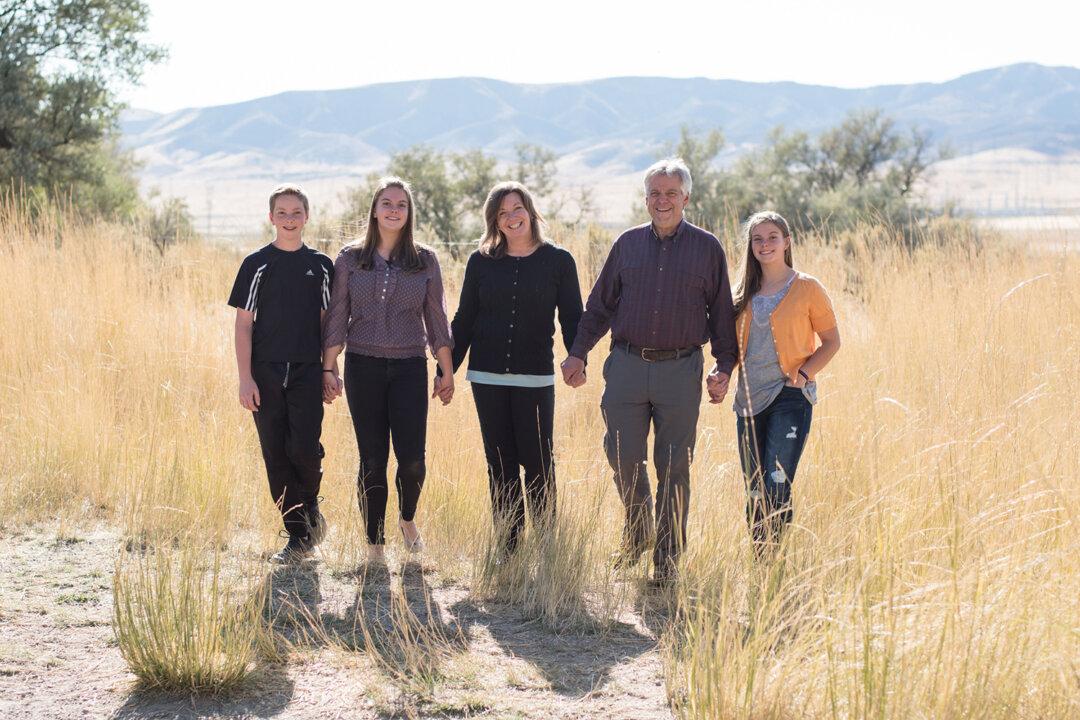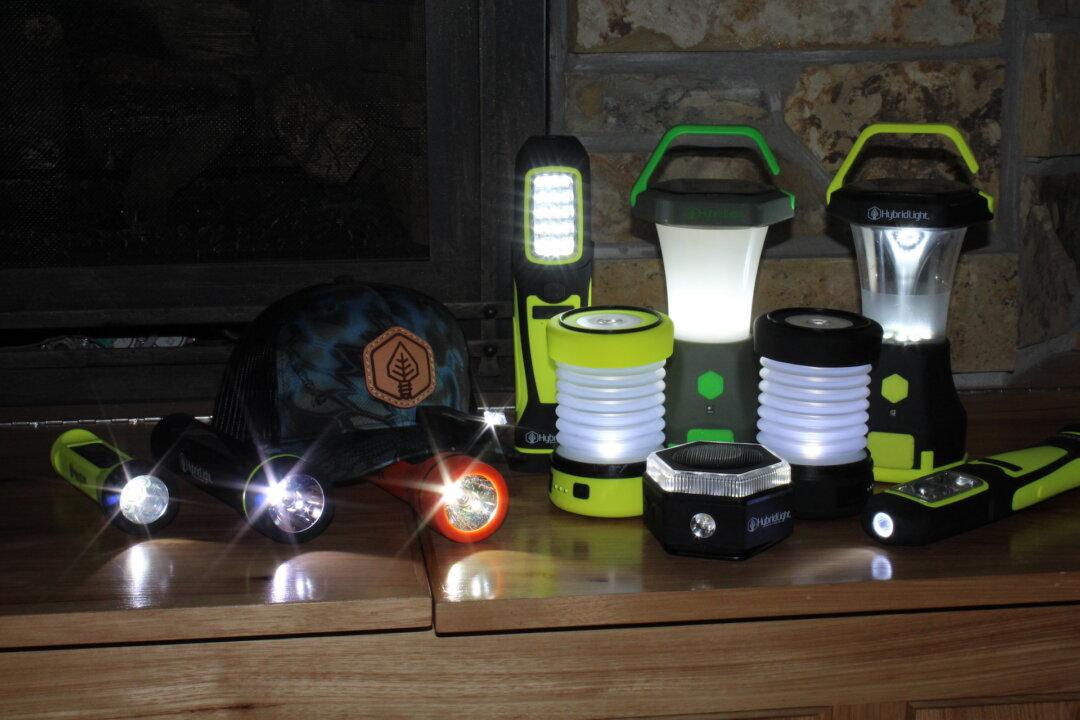Songwriter Lin-Manuel Miranda may have said it best: “What is a legacy? It’s planting seeds in a garden you never get to see.”
We all want to create a legacy that allows us to be remembered after we’re gone, preferably in a good way. There are many ways to go about this, but first a definition of “legacy” is in order. In most cases, a legacy is something that is bequeathed, such as a gift of money, real estate, or material goods, to a person, group of people, or an organization upon the death of the giver. However, in a broader sense, a legacy can also refer to the effect we have on the world and those around us.






